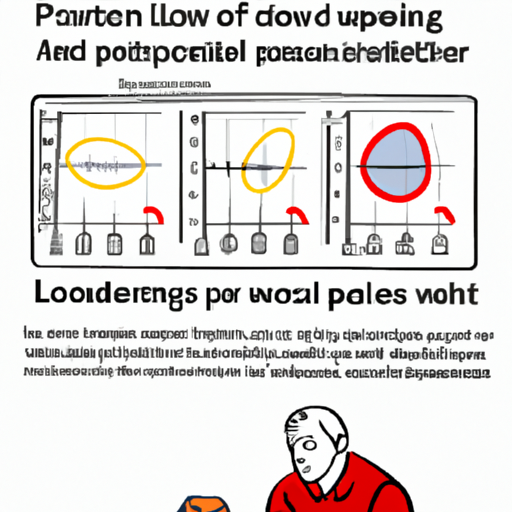Understanding Platelets and their Significance in Dogs
Just like humans, dogs have blood cells that play significant roles in their health and well-being. One such component of their blood is platelets. These tiny blood cells are essential for clotting, a process that stops bleeding when your furry friend gets a cut or wound. When the number of platelets in your dog’s bloodstream drops below normal, it can lead to a condition called thrombocytopenia. This condition can cause excessive bruising, bleeding, and other health complications.
Recognizing the Causes of Low Platelets
Low platelet count in dogs can be caused by a myriad of factors. Here are some common causes:
- Infectious diseases: Certain diseases such as canine Distemper, Parvovirus, and Lyme disease can affect the production of platelets in the bone marrow.
- Immune-mediated disease: This condition occurs when your dog’s immune system mistakenly attacks its own platelets, leading to a decrease in platelet count.
- Cancer: Certain types of cancer, such as leukemia and lymphoma, can result in low platelet counts.
- Medication side effects: Some medications, such as certain antibiotics or chemotherapy drugs, can lower platelet counts.
- Excessive alcohol consumption: While dogs should never consume alcohol, accidental ingestion can damage the bone marrow and reduce platelet production.
| Causes | Brief Description |
|---|---|
| Infectious Diseases | Distemper, Parvovirus, Lyme disease |
| Immune-mediated Disease | Immune system attacks own platelets |
| Cancer | Leukemia, Lymphoma |
| Medication Side Effects | Antibiotics, Chemotherapy |
| Alcohol | Accidental ingestion, bone marrow damage |
Detecting and Diagnosing Low Platelets
As a caregiver, you need to be aware of the signs and symptoms of low platelet count in your dog. These may include sudden nosebleeds, blood in the urine or feces, excessive bruising, prolonged bleeding from wounds, lethargy, and loss of appetite. If you notice any of these signs, it’s essential to seek veterinary attention immediately. The vet will likely conduct a series of tests, such as a complete blood count (CBC), to diagnose thrombocytopenia.
Treatment and Management of Low Platelets
Treatment for low platelets in dogs depends on the underlying cause. In some cases, your vet may recommend medication to boost platelet production or suppress the immune system. In severe cases, a blood transfusion may be necessary. In addition, you’ll need to ensure that your dog is in a safe environment to minimize the risk of injury and bleeding.
Prevention: Keeping Your Dog’s Platelet Count Healthy
Preventing low platelets in your dog mostly revolves around ensuring a healthy lifestyle. Regular veterinary check-ups, a balanced diet, and regular exercise can go a long way in keeping your dog healthy. Additionally, stay informed about your dog’s medications and their potential side effects.
Frequently Asked Questions
Q: Can low platelets in dogs be cured?
A: Treatment effectiveness depends on the underlying cause. In some cases, low platelets can be managed with medication and lifestyle changes.
Q: How quickly can platelet counts change in dogs?
A: Platelet counts can change rapidly, especially in cases of trauma or immune-mediated disease. Regular vet check-ups are crucial.
Q: Can certain foods help increase my dog’s platelet count?
A: While no specific foods increase platelet count, a balanced diet contributes to overall health, including platelet production.
Q: What breeds are more prone to low platelets?
A: Breeds prone to immune-mediated disease, like the American Cocker Spaniel, are more likely to develop low platelets. However, any dog can be affected.



